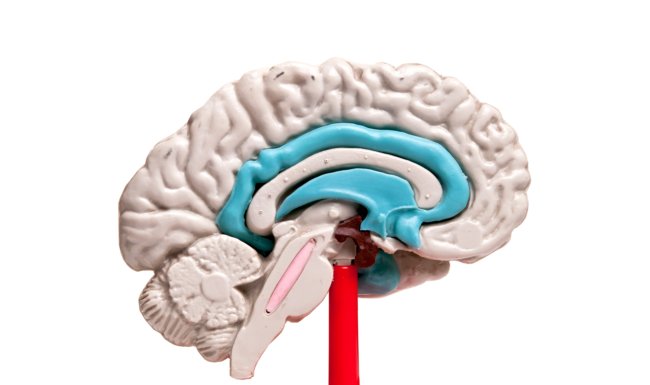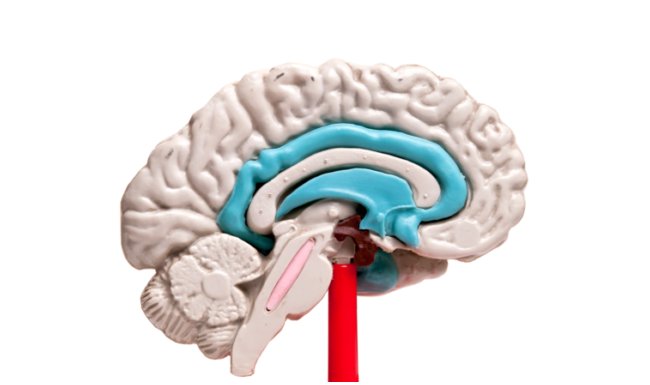
AsianScientist (Mar. 31, 2011) – Australian Drug development company Bionomics Limited has successfully concluded two Phase Ib clinical trials on its BNC210 anti-anxiety and anti-depression treatment.
Share prices of Bionomics rose yesterday by 13 percent after the results were announced.
Anxiety is a common debilitating condition that affects 19 million patients in the US and anxiety drugs have an estimated worldwide market of up to US$12 billion per annum.
Currently, blockbuster drugs that treat anxiety include Valium, Prozac and Effexor. 2009 worldwide sales of Effexor alone were US$3.25 billion.
The two trials of BNC210 were conducted by Forenap Pharma in France in October 2010.
“Both studies were designed to demonstrate the value of BNC210 as an innovative new generation treatment for anxiety and depression and the results confirm the drug’s potential.
BNC210 represents a next generation treatment for anxiety which stands out as free of the serious side-effects,” said Bionomics CEO and Managing Director Dr Deborah Rathjen.
The first trial evaluated the effect of BNC210 on panic symptoms induced by pharmacological means in healthy volunteers. Panic attacks were induced by administration of the peptide CCK-4 and the severity of panic symptoms was assessed using the Panic Symptom Scale (PSS). Of the fifty-nine subjects enrolled, fifteen subjects had a panic attack upon CCK-4 administration.
BNC210 reduced both the total PSS score (total symptoms) and the intensity of symptoms in subjects when measured 10 minutes after the induction of a panic attack. With BNC210 treatment the number and intensity of symptoms decreased faster than with placebo and this reduction in symptoms was significant. There was a strong, positive trend on the emotional stability of subjects suffering a panic attack when treated with BNC210. BNC210 treated subjects returned to normal emotional status within 10 minutes of the administration of CCK-4 compared to 60 minutes on placebo. This trend correlated with the statistically significant reduction in panic symptoms by BNC210.
The second trial compared BNC210 with Lorazepam (a Valium-like anti-anxiety drug) on measures of attention, memory, co-ordination, addiction and sedation. This trial also compared the effects of BNC210 and Lorazepam on the brain using electroencephalography (EEG). Twenty-four subjects were enrolled in the trial with twenty-one subjects evaluated.
An important finding was the EEG data showing for the first time BNC210-related changes in human brain activity. The changes in brain activity induced by BNC210 were clearly differentiated from those observed following treatment of subjects with Lorazepam, particularly in activity associated with sedation, suggesting that BNC210 activity occurs in the absence of sedation.
In addition, the trial results confirmed the lack of debilitating side-effects of BNC210 relative to Lorazepam.
While Lorazepam adversely affected attention, co-ordination and memory, BNC210 showed no evidence of these side-effects. Lorazepam also induced sedation and addiction, whereas BNC210 did not.
The team plans to share their findings at major international conferences this year.

———
Source: Bionomics Ltd.
Disclaimer: This article does not necessarily reflect the views of AsianScientist or its staff.












